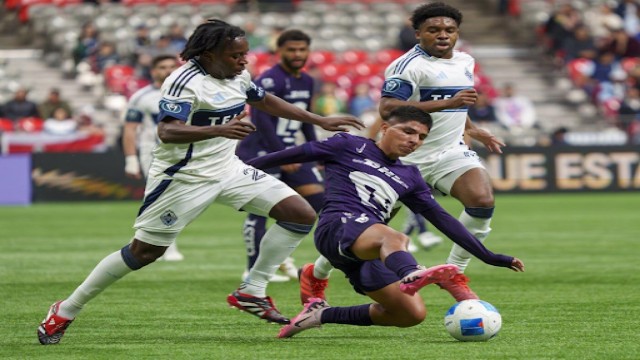
Five players from Australia’s women’s water polo team competing in the Paris Olympics have tested positive for COVID-19. AP Photo
As the Summer Olympic Games in Paris approach, concerns about COVID-19 have surfaced following recent news that five players from Australia's women’s water polo team tested positive. This outbreak has led to heightened discussions about how the Olympics will manage the virus and protect athletes and spectators.
The Australian team’s positive cases, confirmed on Wednesday, have raised questions about how the Games will handle similar situations. According to a spokesperson for Paris 2024, there are established protocols for dealing with such incidents. These include advising those who test positive to wear masks, limit their contact with others, and frequently wash their hands. Mask-wearing and hand sanitizer stations will be widespread, including in Olympic Village residential areas and dining facilities.
Lucia Mullen, an expert from the Johns Hopkins Center for Health Security and the World Health Organization’s mass gathering expert group, highlighted that many teams might have their own safety measures in place. These typically involve promoting good hand hygiene, maintaining social distance, and isolating those who test positive or show symptoms.
The Australian Olympic team is handling COVID-19 as they would any other respiratory illness, according to Anna Meares, the team’s chef de mission. She emphasized that their approach involves rigorous safety practices such as mask-wearing, social distancing, and isolating infected individuals until they are symptom-free and test negative. Meares noted that this approach is similar to their response to other illnesses, like the flu, and contrasts with the strict measures of the Tokyo 2020 Games, which were held without spectators due to the pandemic.
Even though COVID-19 is no longer classified as a public health emergency, the virus continues to circulate, with rising cases reported globally. In the U.S., for instance, COVID-19 cases have surged recently, including a positive test from President Joe Biden. The U.S. Centers for Disease Control and Prevention (CDC) advises individuals who test positive to stay home until they are fever-free and show improving symptoms for at least 24 hours. They also recommend wearing masks around others for five days after recovery.
As the Olympic Games are expected to attract around 15 million visitors to Paris, there is a risk that some attendees might unknowingly carry and spread the virus. Public health experts caution that there may be underreporting of cases due to reduced surveillance in many countries.
In response to these challenges, guidance for travelers to the 2024 Olympic and Paralympic Games includes checking vaccinations for infectious diseases such as COVID-19. Attendees are advised to stay at home or in their accommodation if they exhibit symptoms and to wear masks if they must leave.















